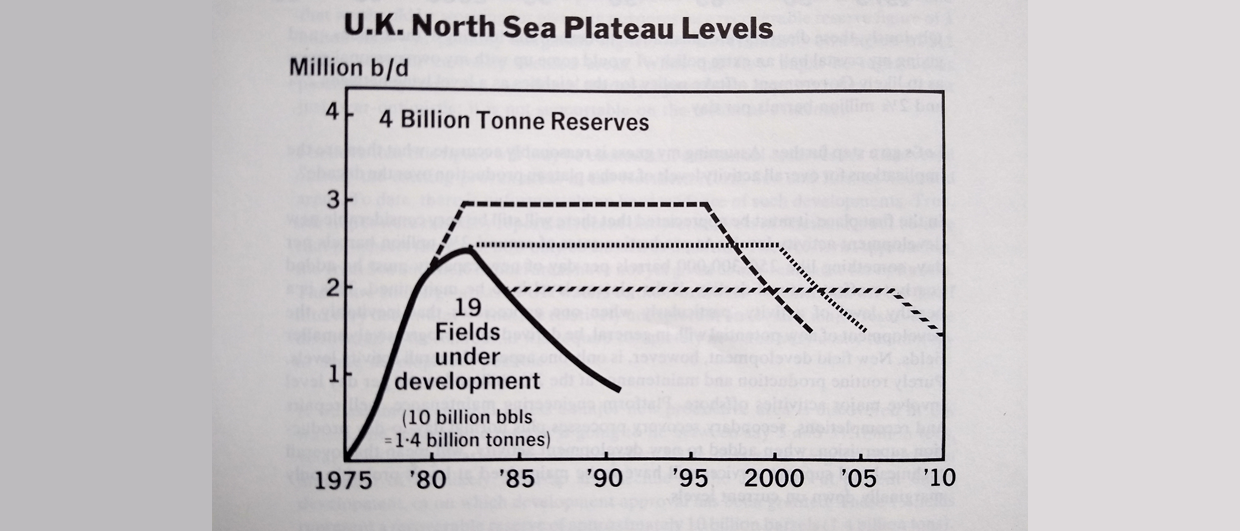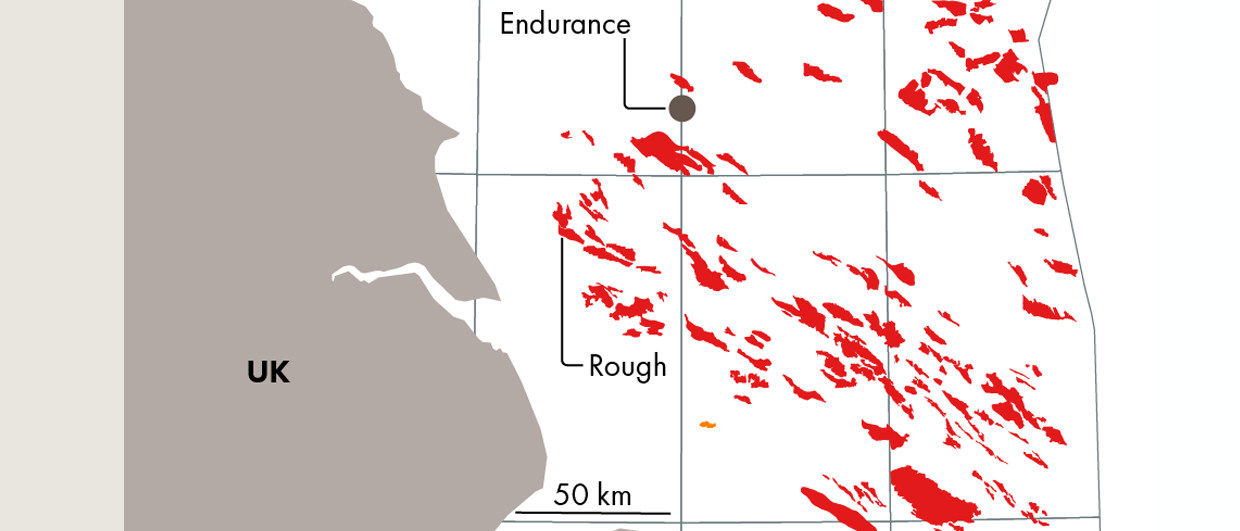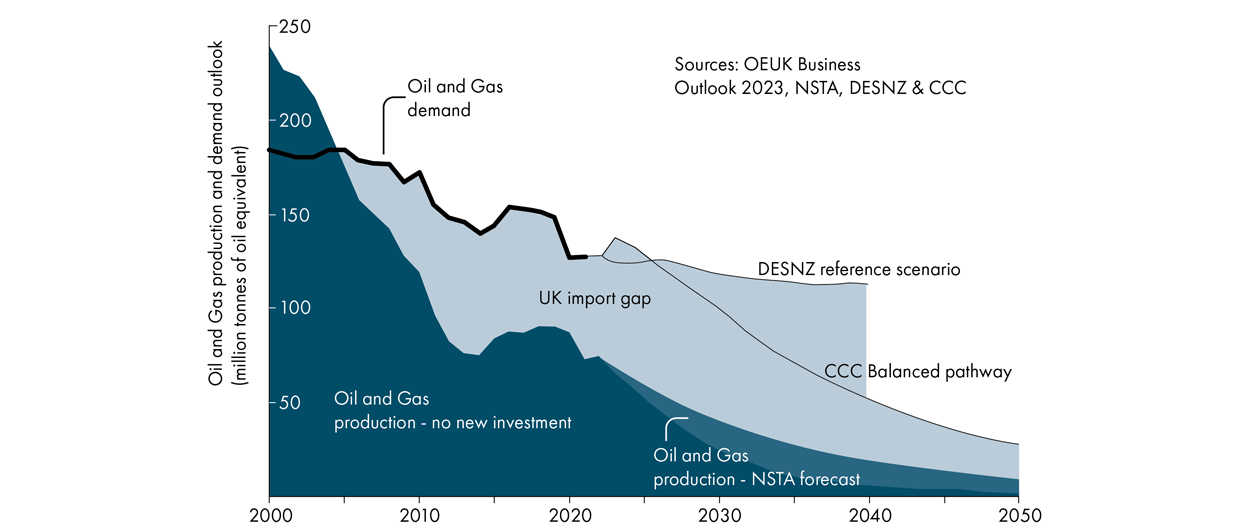British politicians used to be honorary guests when new oil fields were taken into production. That was how things worked in the past. A celebration of technological ingenuity, drilling deep wells, and provide energy for the nation. What could ever be wrong with that?
A few decades later, the tides have turned. Yesterday, Ed Miliband decided to block the 33rd licensing round, meaning that the work companies did to put together their bids is now useless. He even signalled an overhaul of the North Sea Transition Authority. Does that mean that jobs will go? The organisation hired a lot of geoscientists in recent years.
But the irony of all this is; it is too late.
Putting a stop on oil and gas licensing now compares to taking away a cake when most of it has already been eaten. The UKCS produced a total of 45 billion barrels of oil equivalent to date. This compares to a recent estimate of contingent resources of around 6.4 billion barrels of oil equivalent.
It is just politics. Just a way to win over the electorate. But there will be no win for the climate and there will be no win for the economy. Rather the contrary, as companies will stop investing and the decline in production will be even faster than it already would have been in the case of continuous investment. With increased imports and local job losses being the end result.
Because that is what the 33rd licensing round was really was about – arresting the decline as much as possible. The big fields have been found. It’s about smaller satellites that could be hooked up to existing infrastructure to extend the life of the platforms and pipelines. That’s why “continuous exploration” should not be seen as a way to prevent the energy transition from happening. But that is too difficult for politicians to comprehend.
And the claim that continuous exploration will not lead to more energy security is false – especially when it comes to gas. Gas that is piped to shore will be used ashore – or in Ireland. The picture for oil is different indeed, as it is traded internationally. But maybe, in a few years, Labour will instigate a National Oil Company ensuring that oil produced here will end up being used here. The global geopolitical situation can change overnight.
Some say that Aberdeen will be hit hard by this measure. But Aberdeen has already been hit hard by the tax hike introduced a couple of years ago. Even without new licences there will be a level of investment into keeping existing fields going.
So, reflecting on all this – Yes it is sad to see how an industry that provided essential energy and jobs for so long is now being scapegoated. No, the industry is not perfect, and there are many things that could have been done better, but the measures now introduced by Labour are just symbolic. They do not address the issue.





